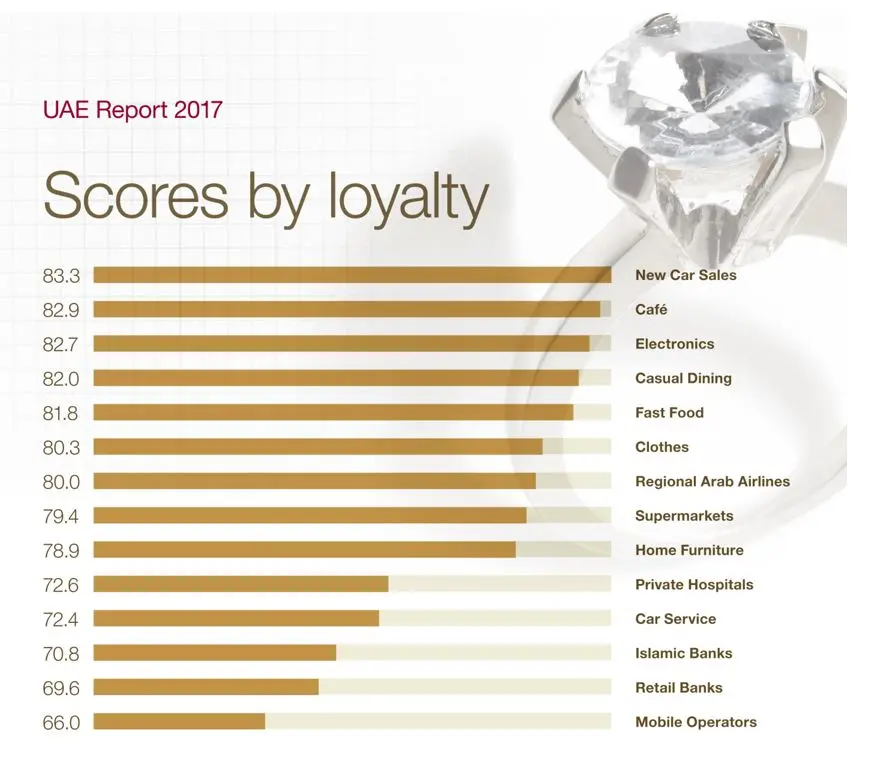I have been observing heroes at work for the past few weeks, and occasionally one or two shine despite a system that doesn’t nurture or acknowledge them. I have an elderly parent who has been in and out of hospital for prolonged inpatient stays and you realise that there are real unsung heroes in government hospitals (and, I suppose, private hospitals, too).
Healthcare as an industry is very complex. At its heart, it is about making people feel better. But the detailed elements needed to make that happen sometimes manage to obstruct and hide that essential goal. Hospitals have a lot of moving parts as their operational structure includes long hours, multiple team shifts, skillsets that need long years of preparation and training, complicated, wide-ranging equipment and machines as well as chemicals and medications. So, if you don’t keep your eye on the human-to-human dimension, the goal of wellbeing can slip through the cracks.
For a patient or accompanying family member, a typical hospital day is an exercise in testing your patience. One waits for medicine to be administered; for the blood tests to give results that help diagnose and prescribe the right treatment, for nursing staff to shift sleeping positions, check blood pressure and change the sheets, and for doctors on their rounds, doctors-in-training in tow, asking questions in a clinical, unempathetic voice to understand the situation and bark instructions at technicians, residents and nurses. Those are the moments that punctuate the monotonous, long hours of the day spent in the cacophony of hospital sounds: moaning patients, electronic beeps, alarms going off, people speaking, trollies being pushed, and instructions being demanded.
So, in this desensitised environment, how can people connect? How can those in pain feel that a caregiver is not mechanical? This is when the heroes step in. Instead of capes, heroes can wear sterilised, white clothes, soundless rubber shoes and hold medical tools instead of swords. They are heroes not due to special powers but because of the glint in their eyes and the smile on their face. They are the people who administer the medical care but never once forget that the patient needs to be heard, seen, sympathized with, and then soothed in words and deeds.
I have seen these heroes over the past weeks. The ones with a warm smile and who ask caring questions. When they look at the patient in his bed, they see a human in need, not a sick body. They want to elevate that person from feeling weak and unattended to planting hope for the patient and her loved ones. And they do so despite the discord of illness, machines, hierarchy, processes. They do it because they care.
In the Service Hero annual cross-industry Customer Satisfaction Index, private hospitals rate 73.8 in the UAE and 73.4 in Kuwait both in the bottom tier among the 15-plus industry categories measured. Only the top repeat hospital In Kuwait scores in the mid-80s. That leading organisation has been able to create an environment that makes caring and heroic deeds contagious. In the others, the hero is a lone-ranger, someone who is swimming against a tide of robotic treatment.


Note - Scores 10-100 with 100 being highest. Feedback is collected from 24,074 validated consumer assessments in the Service Hero Customer Satisfaction Index for the UAE running all throughout 2017 for over 300 brands.
So how can companies cultivate heroes rather than robots? By declaring service excellence a top priority, engaging with teams to ensure that empathy is given, and by seeing the key way to cultivate loyalty and creating an environment that encourages relationship building as the core business practice to get customers to repeat their business and recommend a brand.
Any opinions expressed here are the author’s own.
Disclaimer: This article is provided for informational purposes only. The content does not provide tax, legal or investment advice or opinion regarding the suitability, value or profitability of any particular security, portfolio or investment strategy. Read our full disclaimer policy here.





















